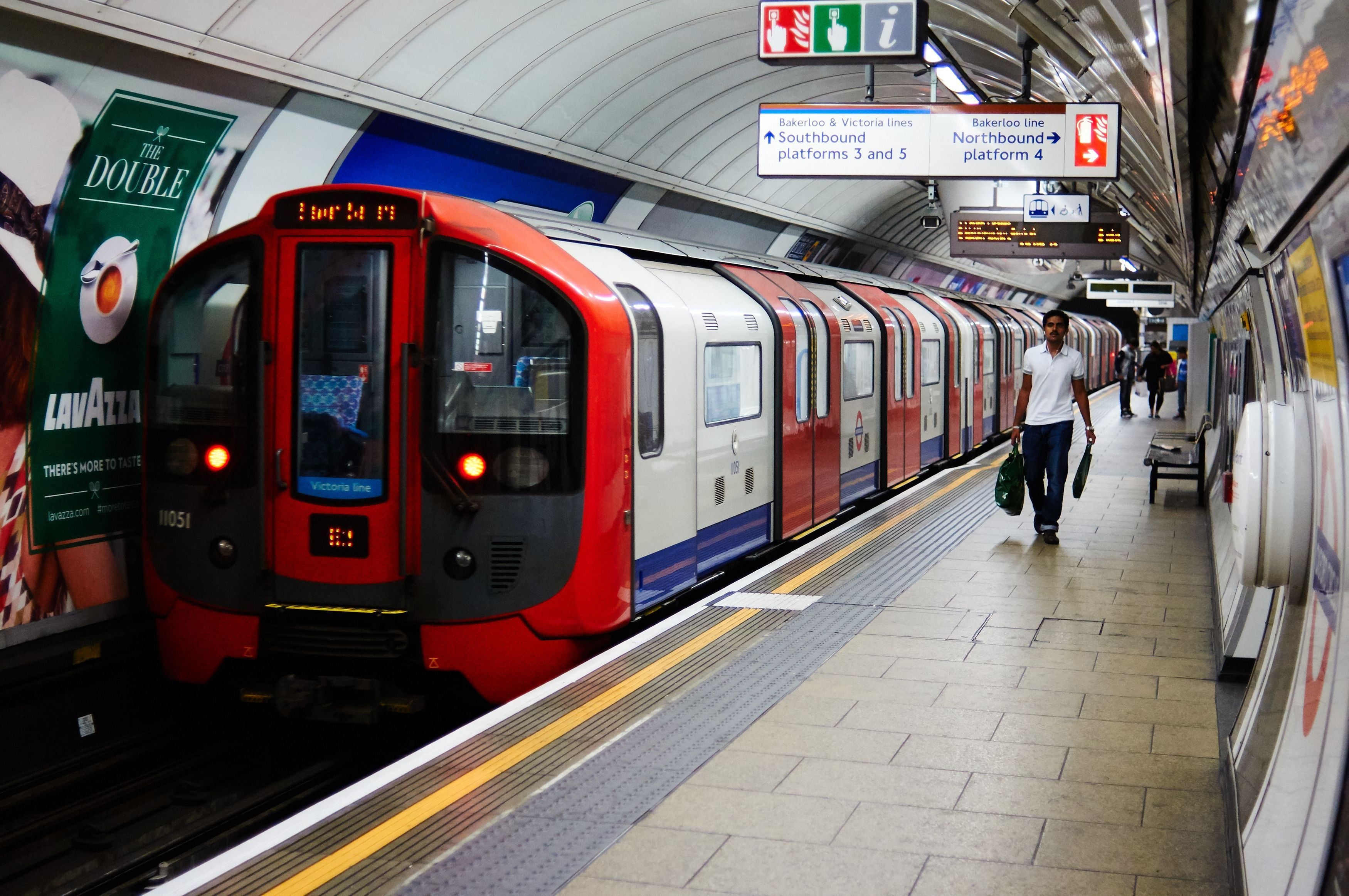Making female Tube drivers work on Saturday is not sex discrimination, tribunal rules
Experienced train operator Nicola Jones requested every other Saturday off to look after her child
Expecting a female London Underground driver to work on a Saturday did not amount to sex discrimination, an employment judge has ruled.
Experienced train operator Nicola Jones requested every other Saturday off to look after her child, but when London Underground told her she would have to work them to keep up the quality of the network’s service, she took the company to an employment tribunal.
Ms Jones had been working for the company since 2001 and was based at the Hainault depot in northeast London.

Ms Jones’ child was born in 2013, and she had avoided working on Saturdays since then because her husband is a bus driver who is required to work every weekend, an east London employment tribunal heard.
She told bosses she needed shift patterns that were opposite to her husband’s so their child was always cared for, the tribunal was told.
Weekend working is unpopular with most drivers, the tribunal heard, with staff required to work slightly longer shifts than in the week.
Drivers at the Hainault depot are usually required to work approximately 50 per cent of weekends, the tribunal was told.

In November 2020, Ms Jones was invited to a meeting with her manager at which she was told her usual flexible working arrangement was coming to an end due to the “detrimental impact … to the quality of service London Underground was able to provide its customers”.
Between 24 May and 13 June 2021, Ms Jones was off work because of the effects of her reaction to a Covid vaccine.
After returning from sick leave, she was unable to do her usual work, and was given alternative duties at Liverpool Street station, where it was not possible for her to work the same shift patterns she had at Hainault, the tribunal was told.
Rejecting Ms Jones’ claims of direct sex discrimination and indirect sex discrimination, employment judge Stephen Shore said there was “no evidence” to show a “hypothetical male” would have been treated differently.
The company’s “explanation for refusing Ms Jones’ request to be allowed not to work on Saturdays was motivated by a wish to avoid a queue of employees requesting alternate duties on hours which suited them”, Judge Shore added. “That reason is not because of sex.”
Ms Jones’ claim of victimisation also failed, but she was awarded £2,720 in compensation because London Underground “did not act reasonably” in the way it dealt with her request, the tribunal ruled.
Bookmark popover
Removed from bookmarks